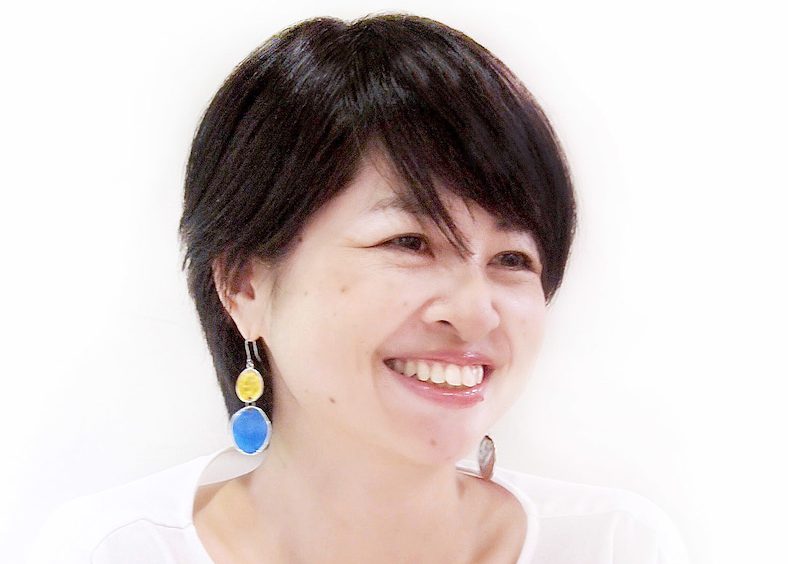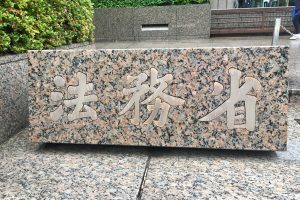One out of 14 Japanese women responded that she had been forced to have sexual intercourse by men. (Cabinet Office survey, 2014). Even in the survey on sexual violence among high school students (2004), 5.3 % to 37.2% of girls and 1.5% to 20.7% of boys answered that they were sexually abused in various ways.
Have you ever heard stories of sexual abuse from your friends or from your neighbors? There are victims of sexual violence in the area where you live, too. However, many people say that they have never met victims of sexual violence. I have often heard victims of sexual violence say things like, “If people in my neighborhood know that I am a victim of sexual violence, I cannot live in this area.”
I myself came to be able to speak in public 23 years later about my experience of sexual abuse by my father, which continued for 7 years starting from the age of 13. I was afraid that, if I told, I would be blamed with responses such as, “Why did you not tell sooner?”, “Are you lying?”, or “Just forget about it.” Words such as these blame victims and benefit perpetrators. Victims will be suffering in silence, and their silence allows the harm to continue, thus allowing further sexual violence to occur. Failure to protect victims gives power to cultures that tolerate sexual violence.
I have been open about my story in public, disclosing my face and name since 2010, also giving lectures and taking action. I am often asked why I am doing so under my own name. No matter how painful it is, my experience has created my world. I believe that many people come to understand the issue of sexual violence, feel something about it, and act, when they hear from survivors what survivors feel and think. We see the world as survivors because we are survivors, because we have experience as victims. Some people say they cannot disclose their names and faces. That is also all right.
It is not all right that people who have been subjected to sexual violence are frightened that they cannot survive in their communities if people around them know what happened to them. We hope to create a society where victims will be warmly and emphatically told, “We believe you. It’s not your fault,” and be strongly supported. To that end, we need to have the victim-centered approach take root in Japan. This approach focuses on the well-being and benefit of victims. It is a form of assistance that is practiced in the United States, and it has the effect of improving the situation of victims by focusing on their pain, feelings, and hopes.
The important thing is to know the values and thoughts of the victims and support them in line with their wishes. The feelings and conditions of victims of sexual violence are not well understood yet, and it is common for there to be a gap between the victims and people who want to support them. The foundation of our activities to work to solve problems for victims of sexual violence by sharing their difficulties and sufferings, and by identifying and providing assistance they need. By receiving appropriate support as chosen by victims, they can be supported to regain health and soundness, clarify the problem, and effect change in cultures that tolerate and overlook sexual violence so that we can realize a society free from sexual violence.
This will lead to the prevention of future harm, and create a society where the sexual health and safety of all people are protected. Let’s work together to create a society where sexual violence does not exist and both sexual health and safety are protected .
Executive Director, Spring / SANE (Sexual Assault Nurse Examiner)
Jun Yamamoto

.png)







